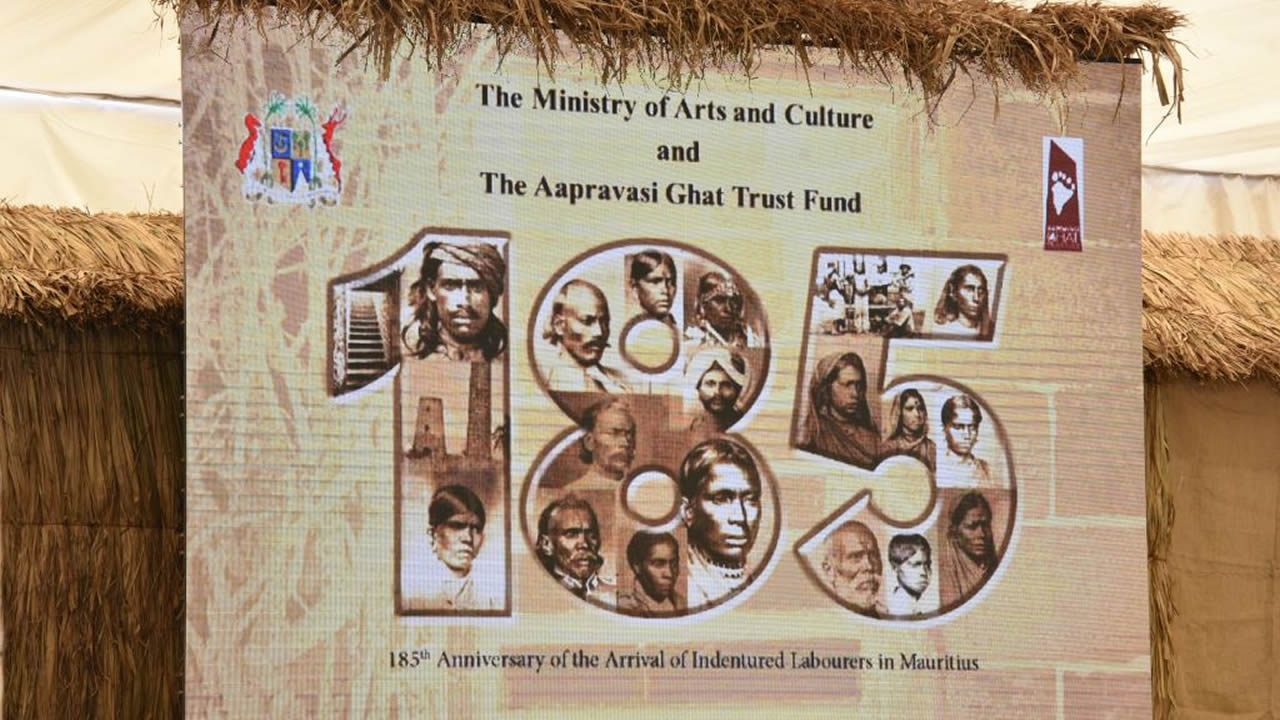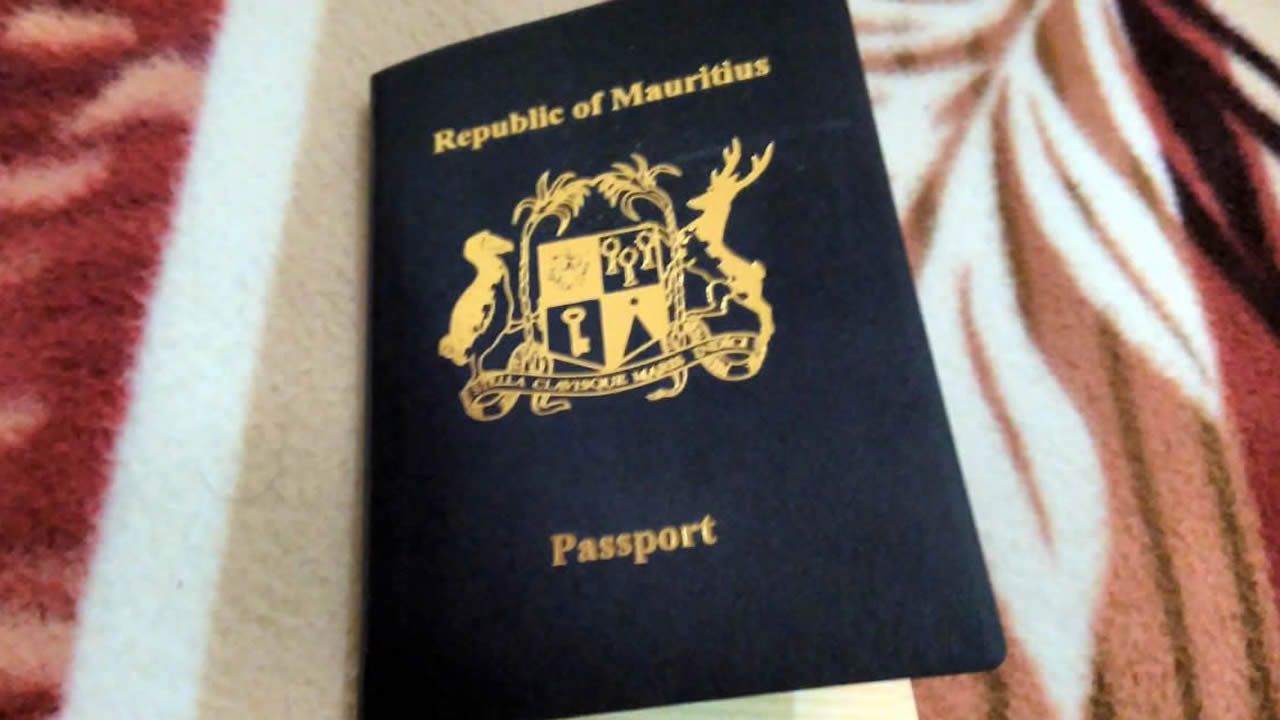
Migration, as a feature of globalization, cannot be stopped. So, let’s investigate this phenomenon for a better understanding. The authorities as well as people in general need to understand what is migration and how it is helpful or harmful for a nation.
What is migration?
Migration is the movement of people from one place to another in search of better opportunities. It involves a change in the place of usual residence either to another region within the same country (internal migration), or to another country (international migration). Mauritius has both.
Mauritius and migration
Mauritius is a country of immigrants, with people arriving primarily from Africa, India, China, and Madagascar to work mainly in sugarcane fields. A first group was brought in as slaves, especially those captured by Europeans form the African continent. Later, indentured labourers were brought from different parts of India. Now, immigrants are coming for white and blue collar jobs, from more Asian, European and African countries.
The Republic of Mauritius is both a source and destination country for international migration. It means people from Mauritius go to other countries for better opportunities and people from other countries come to Mauritius for the same reasons.

As a middle-income country, Mauritius has the possibility to capitalize on migration as a tool for socio-economic development. There are a few benefits for people migrating to Mauritius like
Pros
- Immigration diversifies local economies.
- Immigration helps to create a global market.
- It encourages entrepreneurship.
- It raises the GDP.
- Immigration is vital to fill important jobs.
- Immigration negates gaps that form in certain labor markets.
Despite its potential advantages, migration is rarely acknowledged in development planning tools and this is mainly due to the lack of data. The last data that is available on migration in Mauritius is the Migration Report 2011.
The inadequacy of data with respect to migration makes it difficult for the Government to elaborate a migration policy. There are also a few cons of immigration for a nation, for example-
Cons
- They can cause over-population but in Mauritius this is not the case.
- It is easier to exploit immigrants.
- It can place stress on local labour.
- Increase in competition.
Policy
Every time the Government announces something regarding immigration, it is always around the topic ‘How to stop an immigrant from becoming a citizen of Mauritius’. Mauritius needs the workers but Mauritians don’t want to accept them. The citizenship is easier only for people investing thousands of dollars.
We need some better policy on this front. In Italy, for example, if an immigrant is working on the same job continuously for ten years, this makes him/her eligible for Italian citizenship. It’s a good example of an immigration policy. In Mauritius, even after marrying a Mauritian citizen, the immigrant is not eligible for Mauritian citizenship. Today, Mauritius is promoting broken immigration, it means fragmented families and a damaged population.
Internal migration
Now, let’s have a look at internal migration. According to Migration Report 2011, between 2006 and 2011, nearly 92,000 people moved from one region to another within the country, of whom, 89,808 within Mauritius. There are many people who shifted from villages to cities whereas some shifted from busy cities to calm villages. People aged 16-29 years were the most mobile age group.
Black River and Moka Districts attracted the highest number of immigrants (7.8% and 4.8%, respectively), while Port Louis remains the main loser in terms of net inter-district movement of people. The analysis showed that net internal migration rates were positive in only four districts: Pamplemousses, Flacq, Moka and Black River.
Migration also happened between islands. Migration from Rodrigues to Mauritius were 1,116, and from Mauritius to Rodrigues: 1,062 between 2006 and 2011.
Commuters
At Census 2011, 17,000 people worked at home, 68,000 had no fixed place of work and nearly 202,000 workers commuted to another district daily with Port Louis district attracting the highest number of commuters (66,800).
International migration
Nearly 44,997 Mauritians reported that they were living abroad in 2013. of whom many occupied foreign nationality. There was a net loss of more than 29,000 Mauritian citizens between 2000 and 2011 while at the same time, there was a net gain of some 9,000 non-Mauritians.
Foreign data
More recent data on Mauritians living abroad can be obtained directly from some destination countries’ statistics. According to the US Department of Homeland Security, 872 Mauritian-born persons obtained legal permanent resident status in the United States and 610 Mauritian-born persons were naturalized between 2003 and 2012. Between 2008 and 2013, Australia registered 431 arrivals of Mauritian-born persons for permanent residence (settlers’ arrivals). Statistics Canada reported that the number of Mauritians acquiring permanent residency has increased from 840 persons in 2009 to 1,402 in 2010.
Outward migration
After Independence in 1968, many had migrated to Australia for economic reasons, as the prospects for an independent Mauritius looked very dim. This explains why the bulk of the Mauritian Diaspora is found in Australia, the United Kingdom and France. Later, migrants went to Canada and Europe as well. As the Mauritian economy took off, emigration became more of an individual issue until the last five years when the unemployment rate – especially youth unemployment – started rising again.
Inward migration
The Recruitment of Workers Act was passed in 1993 because there was a lot of pressure from the Mauritius Export Processing Zone sector to liberalize the import of labor as garment factories were finding it difficult to recruit Mauritians. Government accepted this argument because there was a danger that local jobs would be lost if firms were to lose their export markets. However, what was expected to be a short-term measure became an established practice, as the productivity of foreign workers was higher than that of local laborers, mainly due to availability. The reforms outlined in the 2006–2007 Budget of Mauritius mention the opening up of Mauritius to global talent. The Occupation Permit system and the enhanced role of the Board of Investment in that respect point to the fact that the Mauritian Government considers migration as an important tool in attracting investors, highly-skilled manpower and entrepreneurs to the island.
Conclusion
Immigration is reshaping societies around the globe. While immigrants have often delivered economic benefits to the countries taking them in, they have also shaken the local community. The sooner we are able to understand and make better policies, the best will be for the whole society.
 J'aime
J'aime













